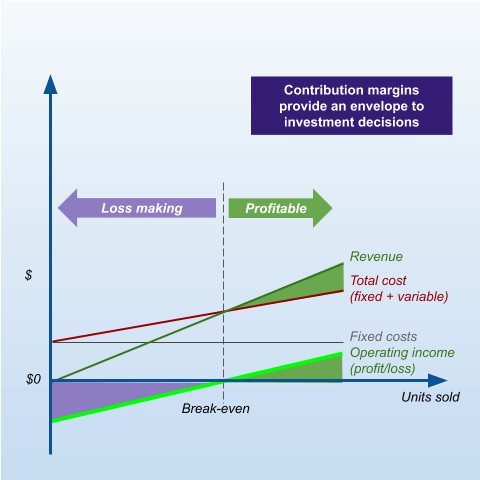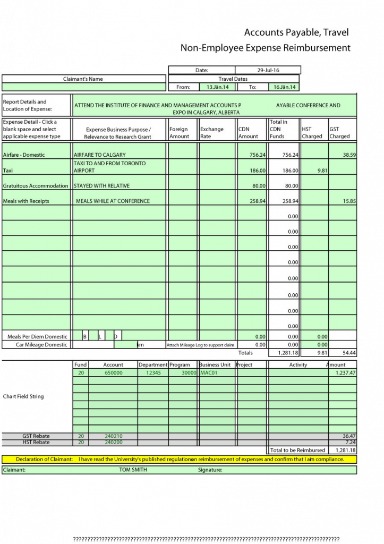
From mastering cash flow to leveraging technology, you’ve explored the fundamentals and strategies for overcoming common challenges. Generally, it’s recommended moving to accrual accounting as you cross over the $1M in revenue mark. Third-party firms like Profit Line often utilize advanced software and tools that can streamline processes and improve accuracy. However, selecting the right third-party service requires careful consideration of factors like reputation, reliability, cost transparency, and data security measures. Choosing the right accounting service provider involves considering factors like experience working with ad agencies, familiarity with industry-specific software, what is contributed surplus on a balance sheet and a track record of accuracy and reliability.
What Is Agency Accounting?
I created this walkthrough for busy agency owners who aren’t sure where to begin or what comes next. No matter how big or small your agency is, in this article I’ll show you the steps for building a financial infrastructure that positions your agency for growth. It’s easy to lose sight of the big picture while contending with the many necessary evils of building a business, such as accounting. We invite you to take a look at the different kinds of businesses, organizations, and industries we service to gain a better sense of how Profit Line can help you on your path 36 synonyms of auditing to success. An agency accountant and a bookkeeper are both financial roles, but there are some differences.
How can accounting software help manage project-based accounting for advertising agencies?
- Balancing accounts involves listing all general ledger accounts with their respective debit or credit balances to guarantee accurate financial reporting.
- Moreover, it is loaded with features that facilitate financial management, such as internet banking integration and notifications to stay on top of invoicing.
- Let’s review the main players and criteria for choosing the right software for your agency.
- Incorporating the profit-first approach in ad agency accounting allows businesses to proactively manage their finances and prioritize sustainable growth.
This software automates payment acceptance, professional invoice generation, expenditure tracking, and financial reporting. Moreover, the software provides a number of features that are ideal for small merchants looking to expand their operations. This empowers them to make well-informed decisions based on up-to-date information regarding their finances.
To prepare accurate financial statements, transactions must be imported from your bank and credit card statements. Once what are the variations between conceptual framework and theoretical framework imported, you then need to code each transaction to the appropriate income or expense account. Fortunately, some payroll software, such as Gusto, integrates with accounting software and automatically syncs the payroll journal entry. However, you must first correctly configure the integration so that accurate information gets pushed to your accounting software. Steps three and four will be completed simultaneously if your agency’s payment processor deposits client payments one-by-one (i.e. multiple payments aren’t batched in one deposit). If that’s the case then you can close out invoices by matching bank deposits to client invoices.
Customize the chart of accounts
By strategically planning for profitability, agencies can allocate resources more efficiently and drive long-term success. By outsourcing to accounting firms like Profit Line, agencies can acces to tailored accounting processes that allow them to efficiently manage their finance and allocate funds effectively. Implementing personalized financial strategies ensures that the agency’s specific requirements are met, leading to better financial decision-making. Balancing accounts involves listing all general ledger accounts with their respective debit or credit balances to guarantee accurate financial reporting. Properly prepared trial balances lead to precise income statements and balance sheets. Establishing a trial balance is crucial in ad agency accounting to ensure accuracy in financial statements.
These articles and related content is the property of The Sage Group plc or its contractors or its licensors (“Sage”). Please do not copy, reproduce, modify, distribute or disburse without express consent from Sage.These articles and related content is provided as a general guidance for informational purposes only. These articles and related content is not a substitute for the guidance of a lawyer (and especially for questions related to GDPR), tax, or compliance professional. When in doubt, please consult your lawyer tax, or compliance professional for counsel. Sage makes no representations or warranties of any kind, express or implied, about the completeness or accuracy of this article and related content.

Regular bookkeeping will keep your agency’s books accurate and up-to-date, providing a solid foundation for advanced financial analyses. Account reconciliations, perhaps the most important bookkeeping step, involve verifying account balances in your accounting software to source documentation pulled from your bank. You’ll need to match bank deposits to client payments or a batch of client payments. You’ll also need to match vendor bill payments, whether those are cleared checks or electronic payments, to open bills in the accounting system.
ZarMoney is an all-in-one accounting, invoicing, and inventory solution designed to streamline financial management for businesses, including advertising agencies. It’s best known for its advanced financial tool suite that integrates various accounting functions into a single platform. Function Point offers financial software tailored for creative agencies, featuring invoicing, expense management, and client billing. It excels in agency-specific financial tools, providing specialized invoicing and billing features to meet the unique needs of creative agencies.
Therefore, you should use the financials for real-time decision making and course correction. You might also want to enable other settings, such as business segment tracking, or add custom fields to invoices forms. As a lesser-known competitor, FreshBooks offers fewer third-party integrations than QuickBooks does, but it does offer all the integrations you’ll need to run your agency. Project A, on the other hand, is profitable but at risk of being delivered late and thus harming your client relationship. By reviewing the project financials, you can reallocate resources from Project B to Project A and speed up the deliverables.
Accounting in advertising involves managing financial records, client billing, expense tracking, and project costing for ad agencies. It’s crucial for maintaining profitability, managing cash flow, and making informed business decisions. Tools like Coefficient can enhance accounting processes by providing real-time data integration and customizable reporting, giving agencies deeper insights into their financial performance.


